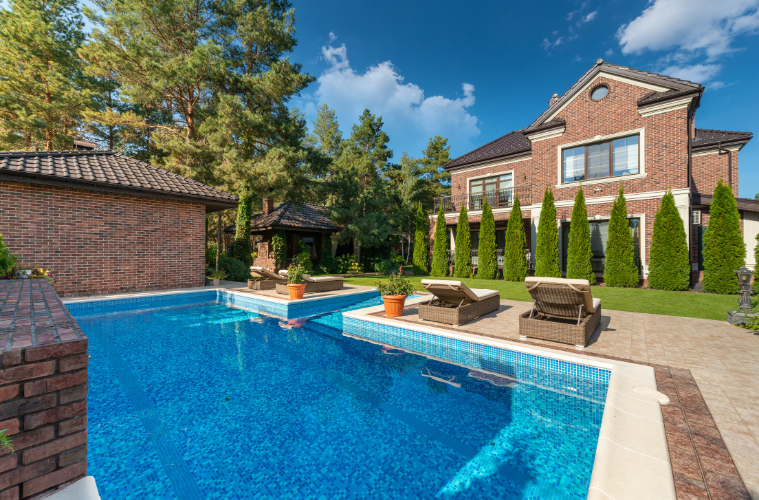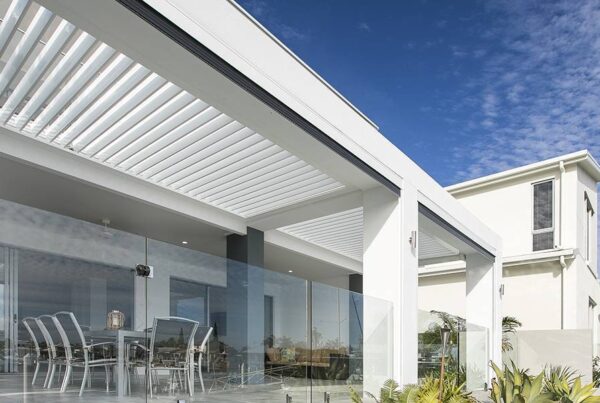Choosing between a saltwater and a chlorine pool for your concrete pool is a significant decision, influenced by factors such as maintenance, cost, and overall swimming experience. Both systems have distinct pros and cons, which we’ll explore to help you decide.
Water Quality and Comfort
The type of pool system you choose can directly affect the feel of the water, comfort while swimming, and the overall pool environment. Some pools offer a softer and more natural swimming experience, while others rely on higher chemical levels for effective sanitisation. Understanding these differences can help you decide which system best suits your needs. Consulting professional concrete pool builders ensures that your pool’s water quality remains optimal based on the materials and system you choose.
Saltwater Pools
Saltwater pools have gained popularity for their ability to create a smoother and more comfortable swimming experience. Instead of adding chlorine manually, these pools use a salt chlorine generator to naturally produce chlorine, leading to gentler water that is less likely to cause irritation.
Chlorine Pools
Chlorine pools have been the standard for pool sanitisation for years. While they are effective at keeping water clean, the direct addition of chlorine can sometimes lead to strong chemical odours, skin irritation, and red eyes. Despite this, chlorine pools remain a reliable choice for many pool owners.
Maintenance and Upkeep
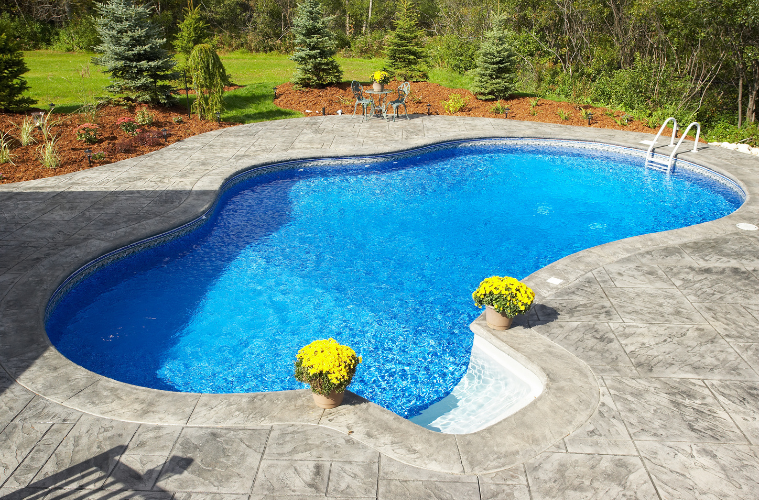
Keeping a pool clean and properly balanced requires regular maintenance, but the level of effort and attention needed varies depending on the type of system you choose. While some pools offer more automation and require less hands-on care, others need frequent monitoring and chemical adjustments. Understanding the maintenance demands of each system can help you decide which one aligns with your lifestyle. Reliable concrete pool builders like NT Pools can guide you on the best system for easier long-term maintenance.
Saltwater Pools
Saltwater pools come with a more automated maintenance process, thanks to the salt chlorine generator that continuously regulates chlorine levels. While they require fewer daily adjustments, certain components, such as the salt cell, need periodic cleaning and replacement to keep the system running smoothly.
Chlorine Pools
Traditional chlorine pools require more frequent attention to ensure that chlorine levels stay within a safe range. Factors such as weather, pool usage, and sunlight exposure can cause fluctuations in chemical balance, making it necessary to test and adjust the water regularly.
Cost Considerations
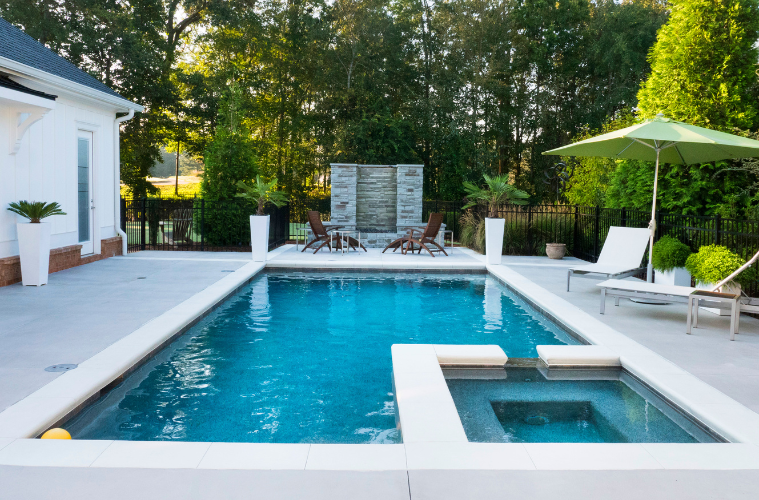
The cost of owning and maintaining a pool extends beyond the initial installation. While some systems require a larger upfront investment, they may offer savings in the long run. Others come with lower setup costs but require ongoing expenses for chemicals and maintenance. Comparing the financial aspects of both options will help you determine which system fits your budget.
Saltwater Pools Investment
Setting up a saltwater pool typically involves a higher initial cost due to the price of the salt chlorine generator. However, this investment can lead to cost savings over time, as salt is more affordable than chlorine, and the system reduces the need for frequent chemical purchases.
Chlorine Pools: Lower Initial Cost, Higher Long-Term Expenses
- Lower Startup Costs: Chlorine pools have lower startup costs but require continuous purchases of chlorine, making long-term maintenance more expensive.
Impact on Concrete Pools
Saltwater Pools: Potential Corrosion Risks
- Corrosion Concerns: Saltwater can be corrosive, potentially damaging concrete surfaces, pool equipment, and metal components over time. Proper sealing and maintenance help mitigate these risks.
- Mitigation Strategies: Regular inspections and protective coatings can help prevent corrosion.
Chlorine Pools: Chemical Wear on Surfaces
- Chemical Damage: High chlorine levels can deteriorate concrete and pool liners over time. Frequent chemical balancing is essential to prevent surface damage.
Which One Should You Choose?
- Saltwater Pools: Ideal for those who prefer a low-maintenance, skin-friendly option. They offer a more comfortable swimming experience but require a higher initial investment.
- Chlorine Pools: Suitable for those looking for a cost-effective and proven method. They are easier to maintain manually, but may require more frequent chemical adjustments.
Final Thoughts
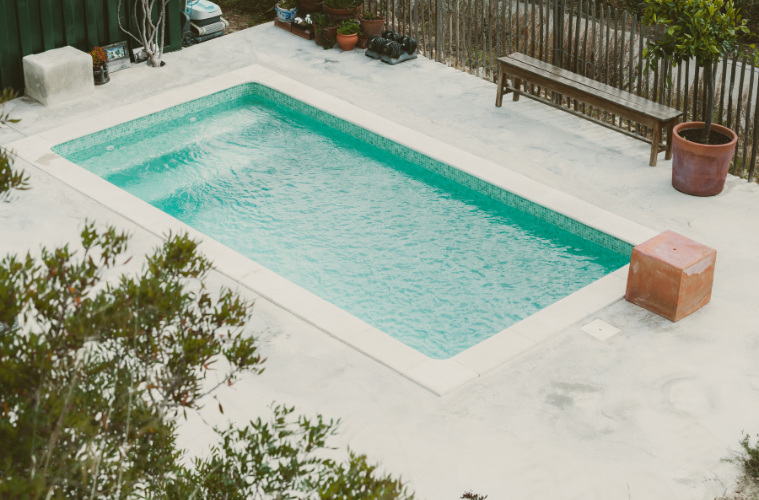
Both saltwater and chlorine pools have their advantages. Understanding their differences helps you make the best choice for your concrete pool. Consider your budget, maintenance preferences, and long-term costs to enjoy a clean and safe swimming experience. Consulting with experienced concrete pool builders will ensure that your pool is built to last while providing the best swimming experience possible.
